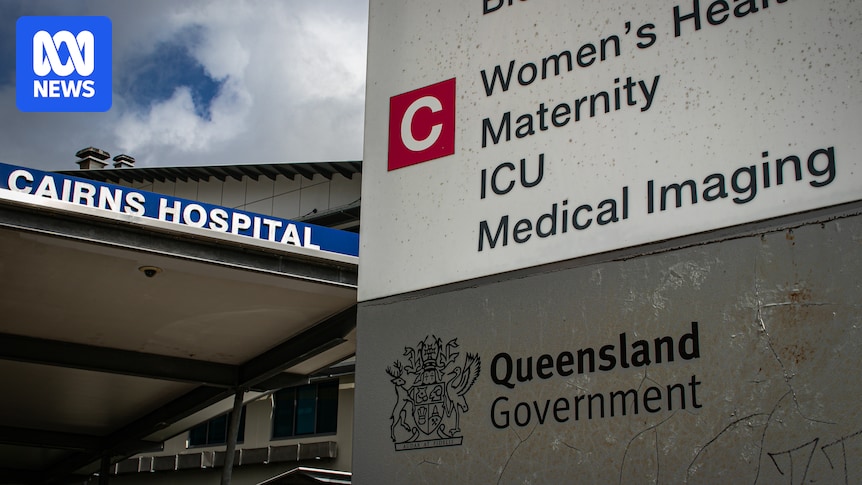
The number of confirmed measles cases in Far North Queensland has surged, with the Cairns Hospital’s maternity ward identified as a significant exposure site. The outbreak has seen a rise to seven cases, including four new infections confirmed across the region. Among those affected are staff members of Queensland Health, raising concerns about further spread.
Cairns Hospital has reported that a potentially infectious individual spent over eight hours in the maternity ward, prompting the hospital to issue an alert mandating masks for visitors and staff in several units, including the special care nursery, maternity unit, cancer care ward, cancer care centre, and intensive care unit.
Tracing the Source of the Outbreak
The initial case of measles was traced back to backpacker hostels in Cairns, with the first diagnosis confirmed in a patient who had arrived from Bali at the end of August. A measles outbreak was officially declared on September 11 in Cairns, with the subsequent six infections believed to have been acquired locally.
Dr. Jacqueline Murdoch, Director of the Cairns Public Health Unit, emphasized the rapid efforts of contact tracers and health staff to contain the outbreak. “We have established links between most of those cases. The seventh case, we’re still confirming,” she stated. “Most cases are among travelers and backpackers, some of whom have left the region and may become positive in the coming days.”
Preventive Measures and Vaccination Efforts
In response to the outbreak, an immunoglobulin clinic has been set up at the hospital to protect babies and those unable to be vaccinated. Additionally, vaccination clinics have been established at backpacker hostels throughout Cairns.
Dr. Murdoch noted that while the outbreak is unusual, it is not unprecedented. She highlighted that three of the cases had been double vaccinated, and two patients have already been discharged from the hospital. “People who are vaccinated often have a milder version of the disease and often don’t require hospitalization,” she explained.
Dr. Murdoch cited a 92% vaccination rate for under five-year-olds in the region, underscoring the importance of high vaccination coverage in protecting the community.
Hospital Preparedness and Staff Vaccinations
Cairns Hospital CEO Leena Singh acknowledged the inevitability of cases reaching the hospital, given the staff members who tested positive. “With staff members who’ve come up as positive, we’ve got great record keeping and know where they’ve been, but also who they’ve seen from a patient perspective,” she said.
Ms. Singh confirmed that proof of measles double vaccination is a requirement for employment, in line with the Queensland Health Vaccination of Healthcare Workers policy implemented in 2016. She noted the challenge of asymptomatic infectious individuals unknowingly spreading the virus.
Community Impact and Future Precautions
As the infection spreads within the community, multiple new exposure sites have been added to the public health alert, including locations in Mareeba and Smithfield, as well as various restaurants, shops, hostels, and medical centers in Cairns.
University of Queensland epidemiologist Associate Professor Linda Selvey expressed concern over declining measles vaccination rates in Australia. “It can take off very, very quickly if not many people in the community are immune,” she warned.
“It’s estimated that one measles case can infect 18 to 20 other people if they’re not immune,” Dr. Selvey explained, highlighting the potential rapid spread of the virus.
Dr. Selvey also noted the heightened risk for infants, who are more likely to develop severe disease due to their underdeveloped immune systems, despite some protection from maternal antibodies.
Public Health Recommendations
Ms. Singh urged the public to check their vaccination status and monitor for measles symptoms, which include fever, watery eyes, and rash. She advised those feeling unwell to contact 13 HEALTH or their primary health provider.
Free vaccinations are available from primary health providers and pharmacies, particularly crucial for those without prior vaccination or who are immunocompromised. Dr. Murdoch recalled the last local outbreak in the region, which involved only one or two cases in 2019, underscoring the current situation’s severity.
As the community grapples with the outbreak, health officials continue to stress the importance of vaccination and vigilance to prevent further spread.






